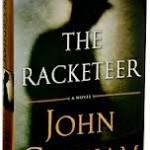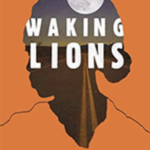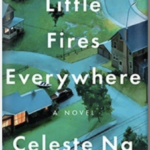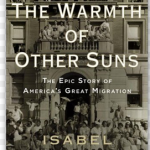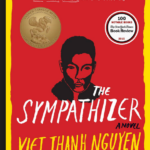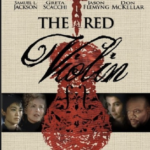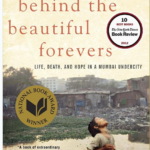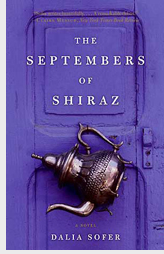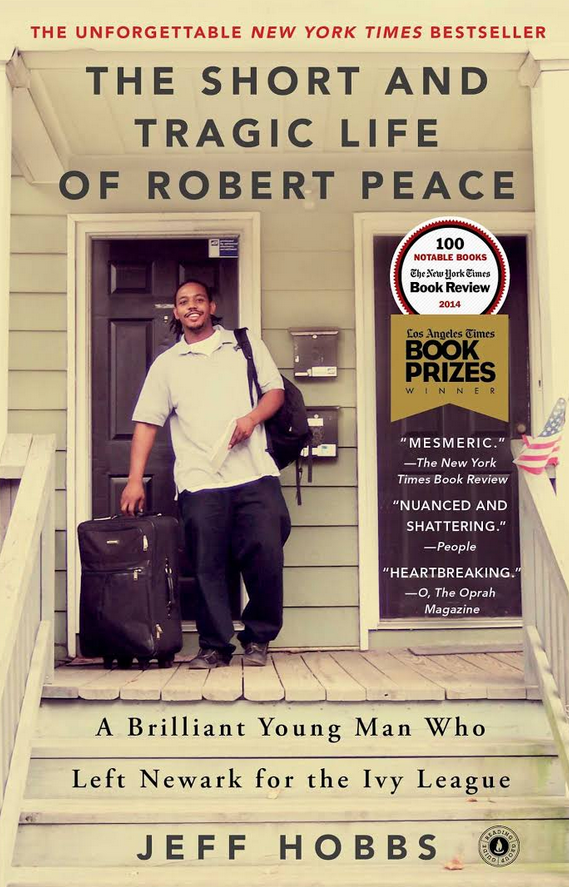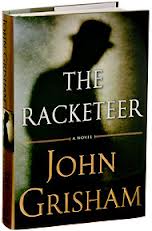The Ghost of The Innocent Man by Benjamin Rachlin
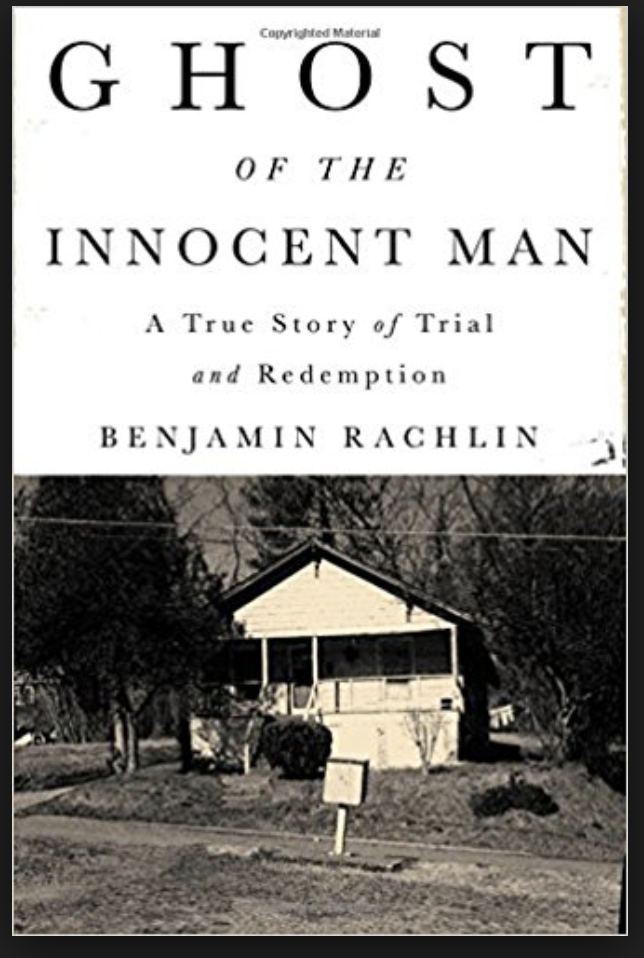 Ghost Of The Innocent Man: A True Story Of Trial And Redemption by Benjamin Rachlin.
Ghost Of The Innocent Man: A True Story Of Trial And Redemption by Benjamin Rachlin.
Somewhat by coincidence, this non-fiction book continues the theme of An American Marriage, which was the previous book which I recently read and reviewed in this blog. That book was a fictionalized account of a man who was wrongly in prison for a crime that he did not commit and how that impacted himself and his young wife.
This book is a true story of the ultimate development of a remarkable Innocence Inquiry Project in North Carolina. It also follows the story of Willie Grimes, a young innocent man who was accused and convicted of raping a 65-year-old woman and spent 20 years in prison. The author of this book was not an attorney but rather was a writer who undertook this writing project when he was 26 years old. He traced the birth of the Innocence Project, which started at the University of North Carolina and Duke University Law School and then coalesced over a few years into a state sanctioned Innocence Commission that provided an official process for examining the case of convicted prisoners who may have completely exhausted their appeals process and could still have a pathway to having their cases reexamined.
The author told the story of young attorneys who became involved in this project while also working with smart idealistic law students, as they became the last resort for prisoners who may have been totally innocent. The author’s study did interview the various founders and pioneers of this project and told in great detail the trials and tribulations of getting it off the ground. The very interesting story of the birth of this project was interspersed with the equally remarkable story of Mr. Grimes’ voyage through the judicial system and his experience in numerous prisons in North Carolina over the years. The author related in exquisite detail Mr. Grimes’ interactions with various cellmates, prison guards, doctors, as well as his visits to Jehovah Witness people who became very important to him. In fact, my biggest criticism of this book was the repetitive recounting of every interaction that poor Mr. Grimes had in prison. The author literally seemed to reveal “every detail” and report from Mr. Grimes’ case manager in prison, every unremarkable note by nurses, psychologists, guards, every comment, and minor infarction while in prison as well as many repetitive thoughts that Mr. Grimes may have had.
The author also provided the details of seemingly every letter or communication between the client and his various lawyers and between various people in the Innocence Project that were trying to help him and develop their program. Yes, this approach conveyed the tedious life that Mr. Grimes had in prison and the tremendous attention to detail of those who were trying to help him had to go through, I got that point! However, I felt that this was way overdone and made the reader spend much more time than needed in order to get it.
It was quite fascinating to come to understand some of the complications of doing hair analysis analysis, and even potential DNA analysis although Mr. Grimes’ trial predated the sophisticated DNA techniques that are used today. The reader also learned about the importance of saving evidence from the crime scene and how this may or may not always be done. However once again, these points in my opinion were way too much repetitive.
There was one question that was always on my mind and never answered in the book. Early on when Mr. Grimes was arrested, he claimed he was innocent and offered to take a lie detector test. This request was never followed up by the police or by his own attorney. I understand that such tests are not foolproof, but could not such a test, if it had supported his claim, have helped him in his appeal?
There came a time during his incarceration where Mr. Grimes could have found a pathway to change his life sentence by being paroled, if he took a special course for sexual offenders but as part of that process, it would have required him to apologize and ask for forgiveness for his “crime.” He refused to do this as he always contended his innocence. In the end, after more than 20 years in prison, as the reader suspected throughout the book, the Innocence Project was successful in allowing Mr. Grimes to be judged to be innocent and gain his freedom.
However, the book does leave us with the awareness that such innocence projects do not readily exist throughout the country and there are only a few * like this one, which leaves the reader with the awareness how there is a serious defect in our criminal justice system that needs to be addressed.
- There is a large well known DNA project and there are smaller projects throughout the country such as the one in Alabama which was written about in a book titled Just Mercy which was also reviewed in this blog :
Please leave any comments below
To purchase a copy of this book from Amazon, please click here



